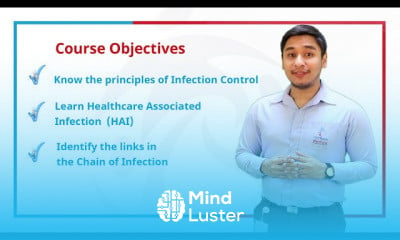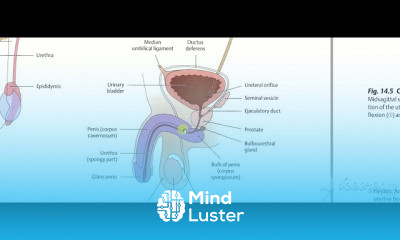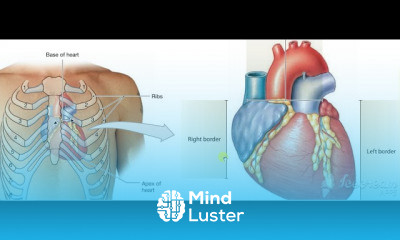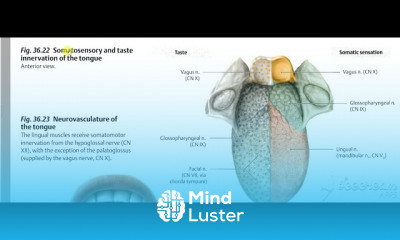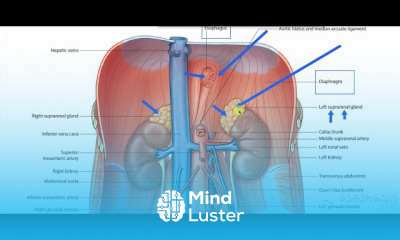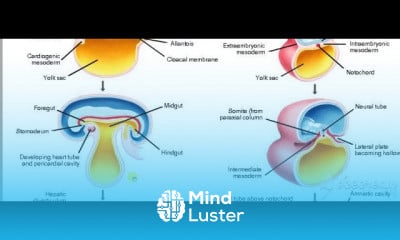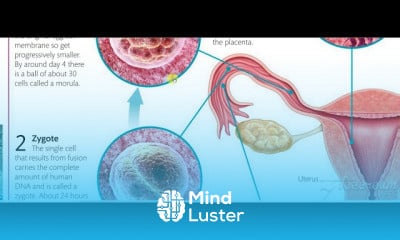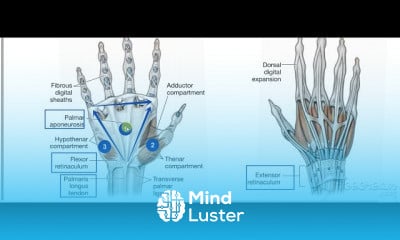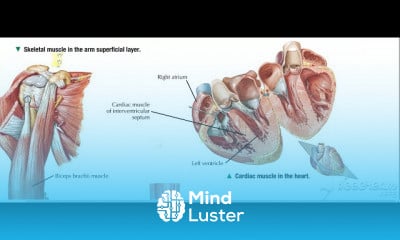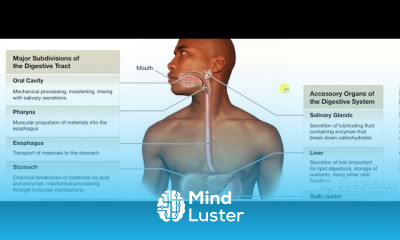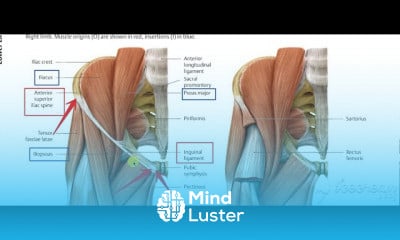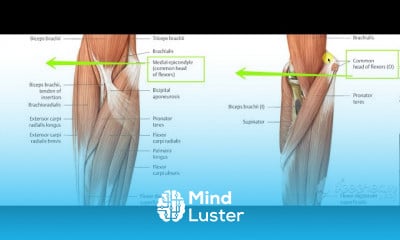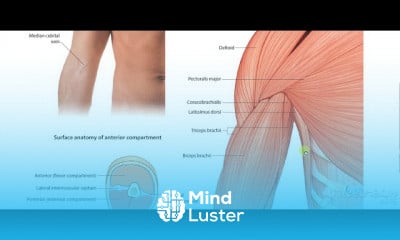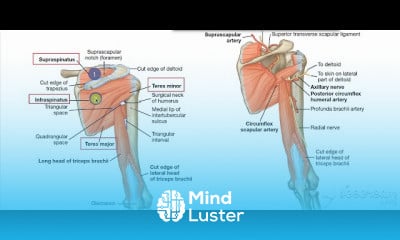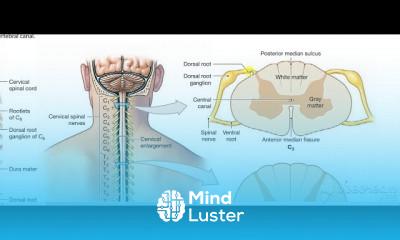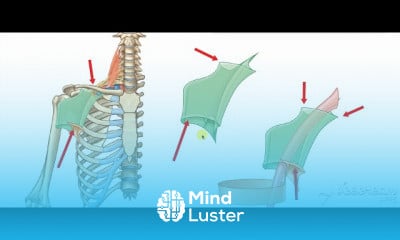Pancreas definition
Share your inquiries now with community members
Click Here
Sign up Now
Lessons List | 27
Lesson
Comments
Related Courses in Medical
Course Description
What is the Endocrine System?
Endocrine systems, also referred to as hormone systems, are found in all mammals, birds, fish, and many other types of living organisms. They are made up of:
Glands located throughout the body;
Hormones that are made by the glands and released into the bloodstream or the fluid surrounding cells; and
Receptors in various organs and tissues that recognize and respond to the hormones.
Why are Hormones Important?
Hormones act as chemical messengers that are released into the blood stream to act on an organ in another part of the body. Although hormones reach all parts of the body, only target cells with compatible receptors are equipped to respond. Over 50 hormones have been identified in humans and other vertebrates.
Hormones control or regulate many biological processes and are often produced in exceptionally low amounts within the body. Examples of such processes include:
blood sugar control (insulin);
differentiation, growth, and function of reproductive organs (testosterone (T) and estradiol); and
body growth and energy production (growth hormone and thyroid hormone).
Much like a lock and key, many hormones act by binding to receptors that are produced within cells. When a hormone binds to a receptor, the receptor carries out the hormone's instructions, either by altering the cell's existing proteins or turning on genes that will build a new protein. The hormone-receptor complex switches on or switches off specific biological processes in cells, tissues, and organs.
Some examples of hormones include:
Estrogens are the group of hormones responsible for female sexual development. They are produced primarily by the ovaries and in small amounts by the adrenal glands.
Androgens are responsible for male sex characteristics. Testosterone, the sex hormone produced by the testicles, is an androgen.
The thyroid gland secretes two main hormones, thyroxine and triiodothyronine, into the bloodstream. These thyroid hormones stimulate all the cells in the body and control biological processes such as growth, reproduction, development, and metabolism.
The endocrine system, made up of all the body's different hormones, regulates all biological processes in the body from conception through adulthood and into old age, including the development of the brain and nervous system, the growth and function of the reproductive system, as well as the metabolism and blood sugar levels. The female ovaries, male testes, and pituitary, thyroid, and adrenal glands are major constituents of the endocrine system.
Trends
Learning English Speaking
MS Excel
Python for data science and AI
Web development with Java spring
Excel skills for busines intermediate
Photo Editing
Python programming language
English greetings and responses
Creating bitmap images from scratch
AI fundamentals for beginners
Building arduino robots and devices
AI with IBM Watson
Video editing with adobe premiere
DXC Technology Job recruitment
UX design foundations for beginners
Digital media and marketing strategies
C Programming Language
Communication Skills
AutoCAD Mechanical Design
Simple English
Recent
Building arduino robots and devices
Thermodynamics fundamentals for engineers
Excel skills for busines intermediate
Machine learning by stanford university
Digital manufacturing and design principles
Machine learning foundations
Web development with Java spring
AI with IBM Watson
environmental law and policy principles
Creating a business marketing brand
Financial markets coursera quiz answer
CISCO cybersecurity exam questions
Resume and CV writing basics
Excel skills for business specialization
Digital media and marketing strategies
IBM cybersecurity analyst certificate
AWS identity and access management
Financial safety in cyberspace
DXC Technology Job recruitment
UX design foundations for beginners



